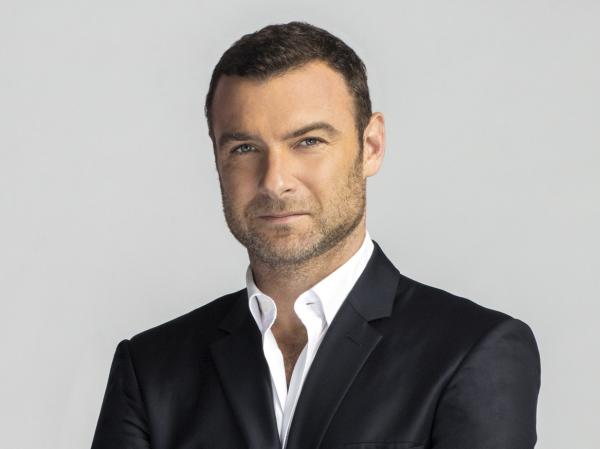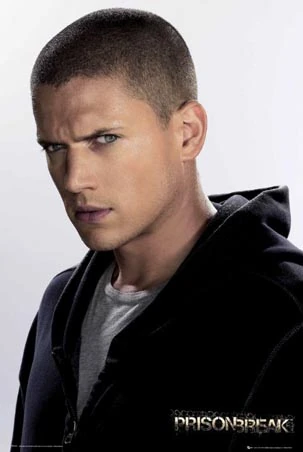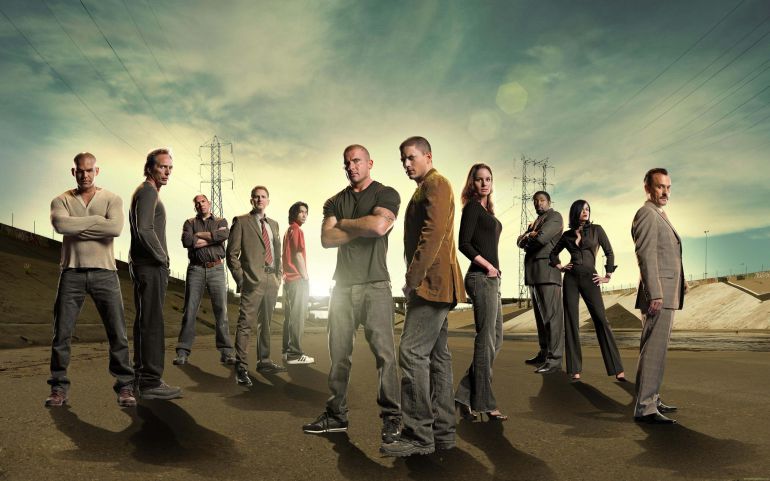The international experience of the constituent processes shows different mechanisms that have been used for the elaboration of Constitutions, depending on the political circumstances, the political institutional traditions of each country and also on the mechanisms that the same current Constitutions contemplate for said process.
The different mechanisms that have been used worldwide for the discussion and drafting of a new constitutional text are described below.
1) Legislative Power, this name is used to refer to those cases in which the main body in charge of preparing and approving the new constitutional text is the congress or parliament. Parliamentarians can participate in their entirety (Brazil 1988, El Salvador 1992, Korea 1987) or a special commission of parliamentarians can be formed to draft it. The countries that have done so under this last procedure are: Bolivia in 1994, Nicaragua 1995, Angola 2010, Croatia 2000, Greece 1975, Poland 1997, Czech Republic 1993.
2) Constituent Assembly or National Constituent Assembly, is a collegiate body made up of a group of citizens elected by popular vote to exclusively discuss and design a new text and constitutional order and not to exercise legislative powers.
In recent times, the trend has been that the constitutional texts decided and approved by constituent assemblies have been ratified by the citizens through a referendum.
It is the longest way because previously a consultation is needed to decide who are its members and, later, another to approve the text. However, the process has the support of the population, in times of change.
Once they have prepared their work and the constitution enters into force, after approval, their election is without effect and in charge of the legislative power constituted in the last election.
 |
National Congress building, located in the city of Valparaiso, Chile
|
3) Constituent Commission or Commission of Experts. This type of mechanism refers to those cases in which the institution in charge of the discussion of the contents and the elaboration of the new constitutional text corresponds to a group of experts and persons considered notable in a given society, which generally includes lawyers and / or other professionals related to the area of constitutional law or social sciences.
These could be national and / or foreign experts, and even members of different branches of the State. Unlike the Constituent Assembly, the commission is made up of people appointed and not elected by popular vote.
That designation is usually made by the executive power. The constituent or expert commission is given the power to discuss the contents of the new fundamental carta and the preparation of the text thereof, which must then be ratified, either by the authority or bodies that appointed it, by the legislative power, by the citizens through a plebiscite or referendum, or by more than one of them.
Constitutions synthesize rules and norms that order the social and political coexistence of a community. Until recently, legal theory stated that the longevity of these normative bodies was an essential characteristic of democratic societies, however, comparative studies from the social sciences show that total changes to constitutions occur much more frequently than anticipated.
In fact, between 1947 and 1989, 139 countries wrote new constitutions, while 100 countries did so between 1990 and 2015; And although there are centuries-old constitutional texts, the average longevity of a constitution is only 19 years when we evaluate the behavior of the group of countries in all regions of the planet (Ginsburg, Melton and Elkins, 2010).
Furthermore, while in much of the twentieth century the total constitutional changes were linked almost exclusively to changes in the political regime as a result of civil wars, foreign interventions, popular uprisings or institutional collapse, today the number of democracies that decide to promote processes of constitutional change without this being linked to a change of regime (as in the cases of Iceland and Colombia).
Of the 95 constituent processes analyzed between 1947 and 2015, in 25 cases (26%) a constituent assembly was elected to draft the new constitutional text, in 20 (21%) the parliament in office was appointed, in another 9 (10%) a Congress was elected with a specific constituent mandate, in 34 cases (36%) the responsibility was handed over to a commission of experts, and finally 4 (4%) used other mechanisms and in three cases no data was available (3%) .
When we analyze the changes that have been occurring over time, we see that the prevalence of the different mechanisms has changed according to the periods. While between 1947 and 1965 the most used mechanism was the constituent assembly, between 1966 to 1999 expert commissions were used with greater frequency.
In this decade, the constituent assemblies have once again become the predominant mechanism for promoting constitutional changes; used in 7 of the 17 countries that have changed their constitutions between 2000 and 2015.
In relation to the constituent assemblies, it is observed that there is no single model. However, in all the cases analyzed it is a representative institution, similar to a parliament, but which differs from the latter in that it has a specific constituent mandate.
The cases of constituent assemblies analyzed have on average a total of 195 members, with 1 representative for every 250 thousand inhabitants.
Factors to consider in the election of a Constituent Assembly in Chile
As you may know, today (Oct.25th, 2020) in Chile there is a vote to approve or reject the drafting of a new Constitution, which would replace the one created in 1980 under the Military Government of President Augusto Pinochet.
It will also be chosen between two options of bodies that can draft it, a Mixed Constitutional Convention (made up of 50% of parliamentarians and 50% of citizens elected by popular vote) and a Constitutional Convention (made up of 100% of members elected by popular vote).
The risk of the creation of a constituent assembly, similar to the one formed in countries like Venezuela, is that being a body with binding powers, it could make major changes to the laws and institutions in force based only on a circumstantial majority.
 |
CADEM survey conducted between October 9th and 11th, 2019
|
Without considering that the social demands observed in the massive demonstrations of October 2019, had more to do with improving pensions, education, health, work or attacking crime, rather than making changes or drafting a new Constitution.
The call for a Constituent Assembly at a time of social tension may not be very appropriate. On the other hand, those who promote it with the greatest emphasis (Communist Party and Broad Front) belong to a sector with minimal national representation and with objectives far removed from the interest of citizens.
Until the moment of publishing this article, great interest in attending to vote has been seen in the Chilean population, we hope that the results will serve to appease the spirits of the most radical sectors and carry out the reforms that are needed and thus improve the model which has allowed us to grow in the last decades.
Data from the document: Mechanisms of constitutional change in the world - United Nations Development Program (UNDP)




















